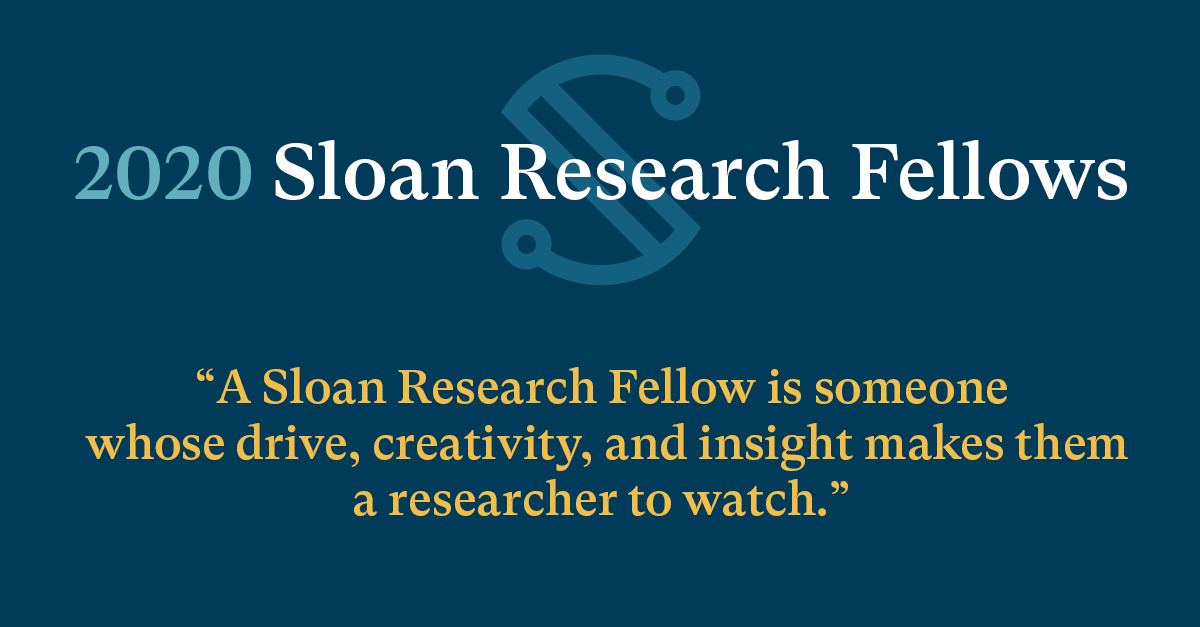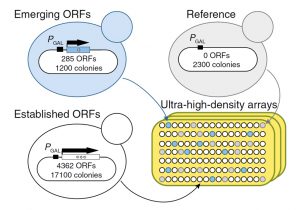We are proud to announce our latest workshop:
*Due to the associated travel restrictions related to the spread of COVID-19, and to safeguard workshop participants, we have decided to restructure the Cell Modeling Workshop into a “virtual workshop.” Applicants will be updated with more details soon. We regret the inconvenience for this change and appreciate your patience as we deal with these exceptional circumstances.
CELL MODELING WORKSHOP
Dates: June 22-26, 2020
Workshop details: Additional details coming soon!
Application deadline: May 1
For more details, or to apply visit:
https://mmbios.pitt.edu/workshops/2020-workshops
The Cell Modeling workshop will cover theory and practice for the design and simulation of cell models focused on diffusion-reaction systems such as neurotransmission, signaling cascades, and other forms of biochemical networks. During the workshop, participants will learn how to use the tools developed by MMBioS to create, run, and analyze models of cellular microphysiology and apply them to their own research questions. In particular, the workshop will focus on:
- The latest version of the MCell simulation environment, including new Monte Carlo methods for 3-D simulation of reactions in solution and on arbitrarily shaped biological surfaces.
- Novel tools to construct and simulate rule-based models using the BioNetGen software
- The CellOrganizer system for creating image-derived models of cell shape and intracellular organization that can be used to compare cell populations and as the basis for cell simulations
- The newest version of CellBlender, our MCell model creation and visualization framework. The attendees are encouraged to bring ideas/data for their own simulation projects.




